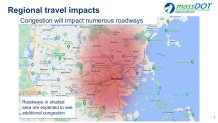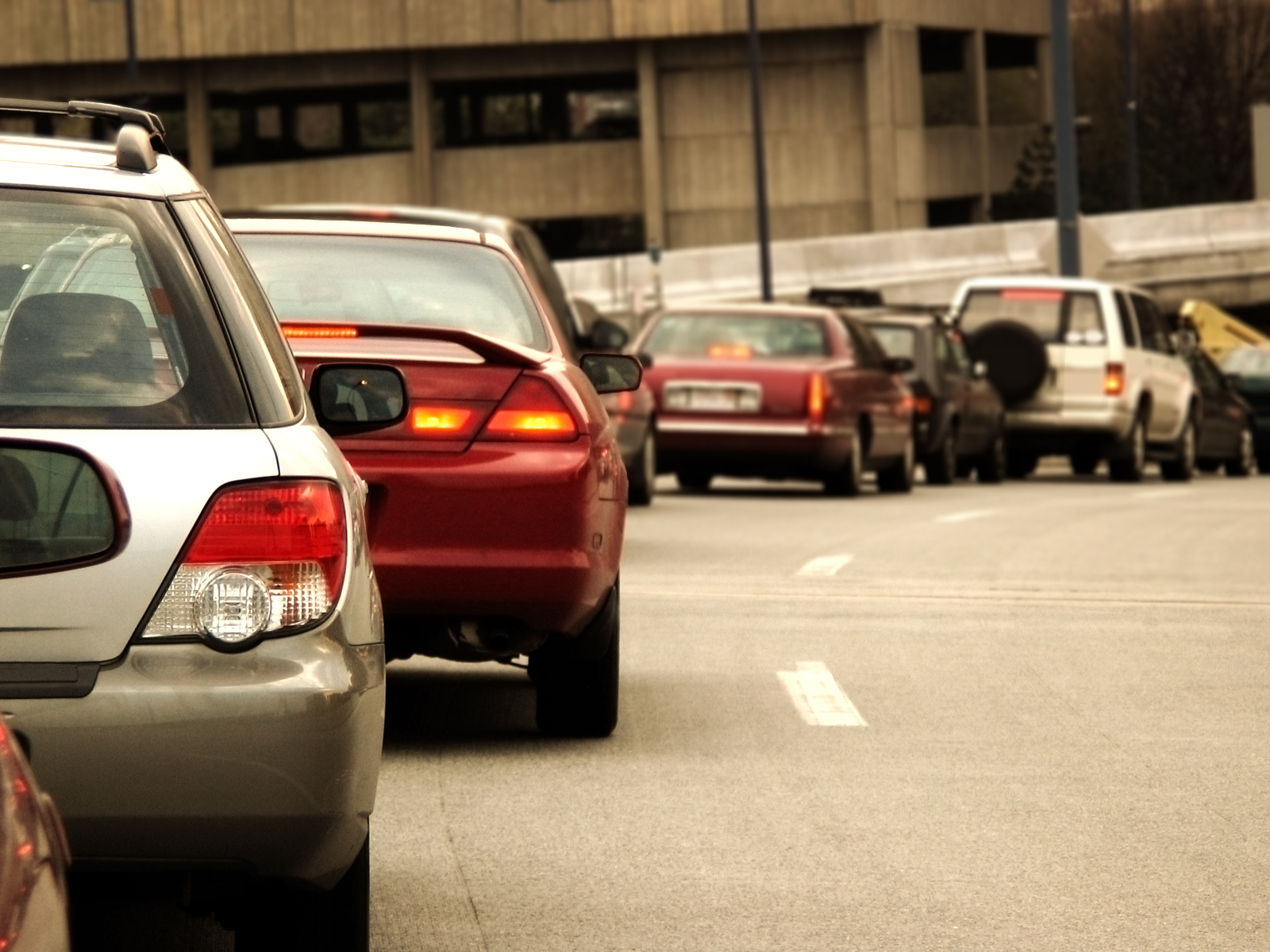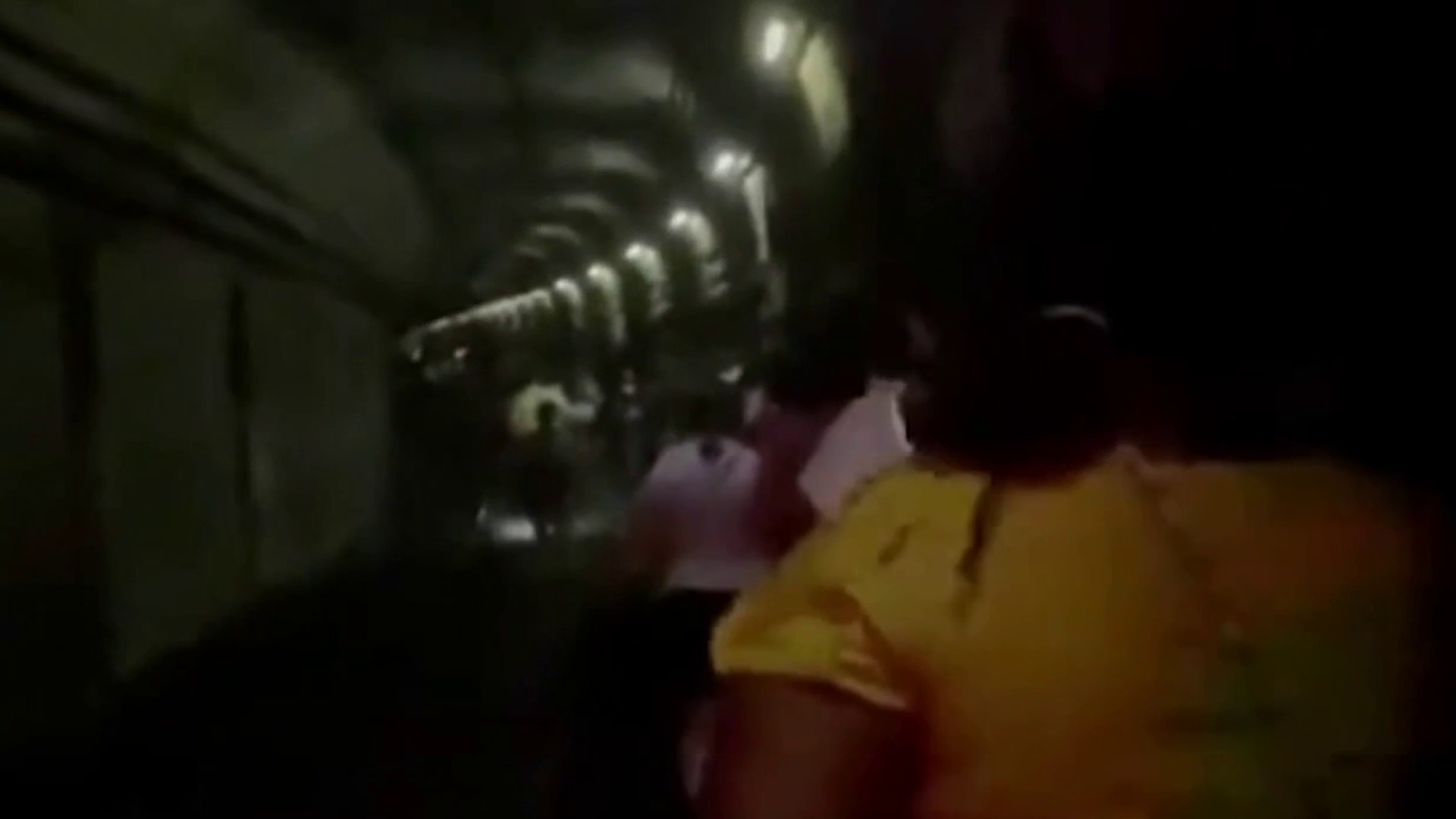The upcoming "transit emergency" in Boston, caused by the 30-day shutdown of the Orange Line, is now just three days away and Massachusetts state leaders want to make sure commuters are prepared for major changes.
WATCH ANYTIME FOR FREE
Stream NBC10 Boston news for free, 24/7, wherever you are. |
During a news conference Monday, officials referred to this project and its impact as the "Orange Line Super Surge," while detailing how it will be felt by almost all commuters in this region. They even urged people to change their commute if they can, while Orange Line trains aren't running from Aug. 19 to Sept. 18 and Green Line trains don't run past Government Center from Aug. 22 to Sept. 18.
Get updates on what's happening in Boston to your inbox. Sign up for our News Headlines newsletter.
“All roadway users, whether you drive bike or walk, will see changes in your everyday commute and your commute will likely be longer In these areas," State Highway Administrator at MASSDOT Jonathan Gulliver said. "If possible, avoid the region altogether until the diversion has concluded."
Transit officials have released an image to illustrate the traffic impacts the train closures will likely have. The red shown over much of the Greater Boston area represents the temporary congestion the Orange Line project is projected to cause. The anticipated delays are frustrating to many people in the area.
“Sounds like it’s going to be a really big mess but for now we don’t have options as commuters," Mohamed Fdal said.

The state is urging the around 100,000 people who take the MBTA Orange Line every day post-pandemic, to find an alternative commuting method other than driving. Still though, Boston's streets will have to handle the added influx of shuttle buses that will be used to replace some of the train service.
Shuttle buses won't be running the entire Orange Line route while the train is out of service, though, meaning riders going from south of downtown Boston to north of it will need to transfer at least once, and likely more than once.
The free shuttle buses — contracted charter buses, not typical MBTA buses — will run between Oak Grove and Government Center and between Back Bay and Forest Hills stations. In downtown Boston, passengers can walk between stations, transfer to the Green Line or use the Silver Line to get around.
Officials are urging Orange Line riders to take Commuter Rail if possible. It will be free to anyone who shows a CharlieCard or CharlieTicket at stops in zones 1, 1A and 2.
Service is being increased south of Boston, Poftak said — seven trains will run from Forest Hills to South Station in the mornings, with four traveling from Oak Grove to North Station.
See the updated schedule in the MBTA's "Rider's Guide to Planning Ahead," which also has more details on how to get around while the Orange and Green lines are being fixed.
Around $37 million is already being invested in diversion plans that are already being executed, according to state leaders. Among them are shuttle buses to replace service, the creation of dedicated lanes, additional Bluebike availability and pop up bike lanes.



